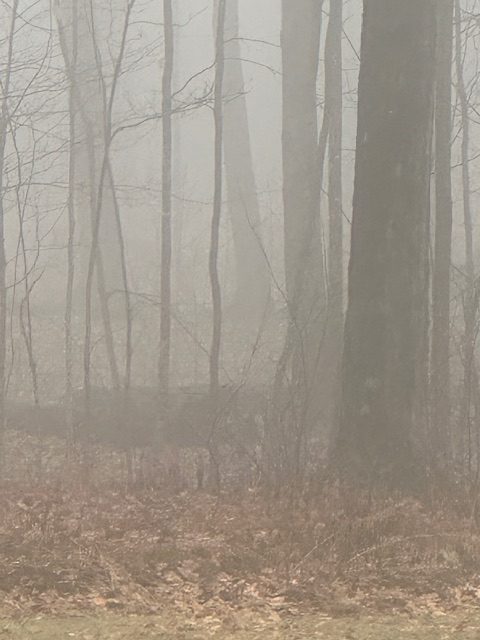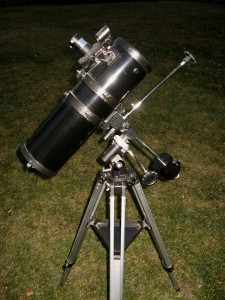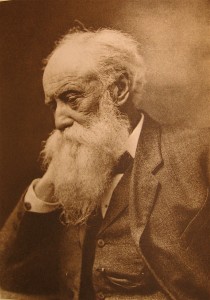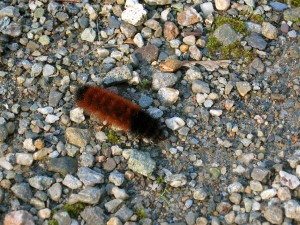Dec 29 2023
Mist, Mystery, Mystical

A dense fog has settled over the region during the past few days, accompanied by unseasonably warm temps and intermittent rain. “Gloomy” is how one weather forecaster describes it, and that’s how my wife Judy and many other people feel about it. Where is the snow that makes northern Vermont a winter wonderland this time of year? It hard to keep from thinking the worst.
I, on the other hand, look at it a different way. This thick mist matches my frame of mind these days. I gaze into the forest in my backyard and see familiar objects – namely trees – fade into the misty depths, becoming silhouettes then faded outlines of themselves, then nothing at all. What lies beyond what I can see? Only a blank gray wall.
This is exactly what happens whenever I contemplate Nature spelled with a capital “N.” I’ve been doing a lot of that lately. Nature is chockfull of mystery. The three greatest mysteries recognized by most scientists are: the origin of the universe, the origin of life in the universe, and consciousness. All three address, either directly or indirectly, what we human beings are.
The universe supposedly emerged via the Big Bang from an infinitely dense singularity prior to all spacetime, whatever that means. Life emerged later, most likely, from a primal soup on this planet billions of years ago, near some volcanic vent. The level of consciousness that we humans currently enjoy can be traced back to artifacts and cave art created 30,000 to 60,000 years ago. The roots of it probably go back in time much farther than that. As to the consciousness of other animals and the extent to which consciousness pervades the universe, well, that’s anyone’s guess. All this underscores the fundamental mystery that is Nature: why anything exists at all, and why there is the semblance of order in the universe instead of absolute chaos. If none of this makes your head explode, then you are not really thinking about it.
I for one have had moments in my life when I have gazed deep into the unknown, beyond all perceivable objects or the mere suggestions of them, and apprehended What-Is. No, I have not comprehended Nature in its entirely, but I have in these fleeting, mystical moments apprehended it, just as everyone apprehends a dense fog. I have stood awestruck before what some people call mysterium tremendum – the Great Mystery. Such moments are common to those of us who go to the edge of scientific discovery and look beyond it, into the abyss of the unknown. This is how we humans go about making sense of ourselves and the world. This is where reason begins and ends.
As a natural philosopher, I have my speculations about What-Is. Thanks to my senses and cold, hard scientific facts, I have a rough idea what is going on here and elsewhere in the universe. Yet the unknowable still looms large like the dense fog that is lingering over the landscape these days. And I remain awestruck by it.
Comments Off on Mist, Mystery, Mystical




